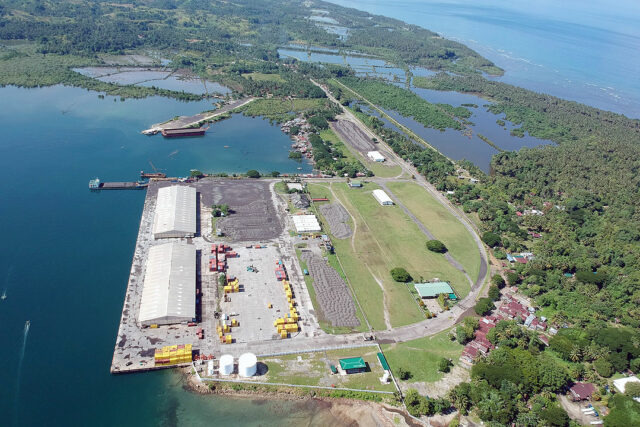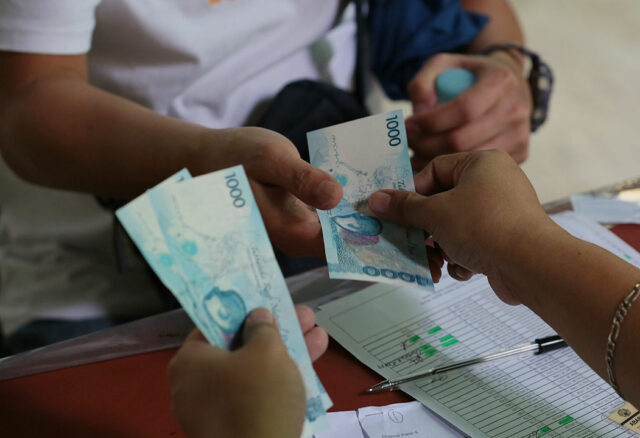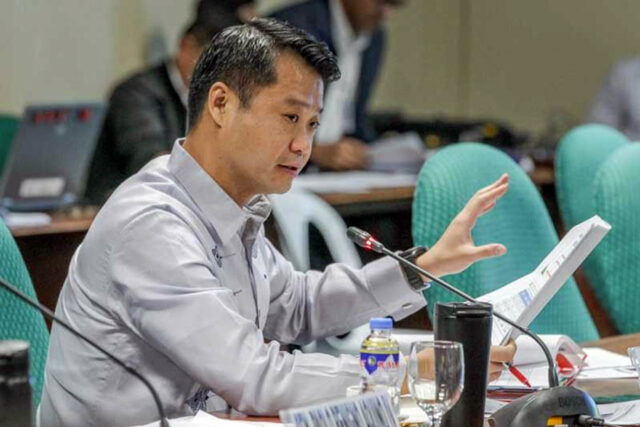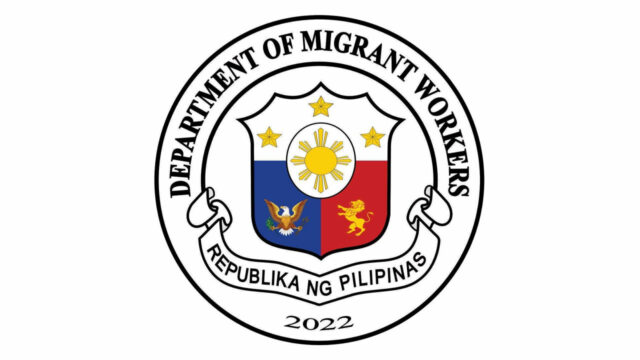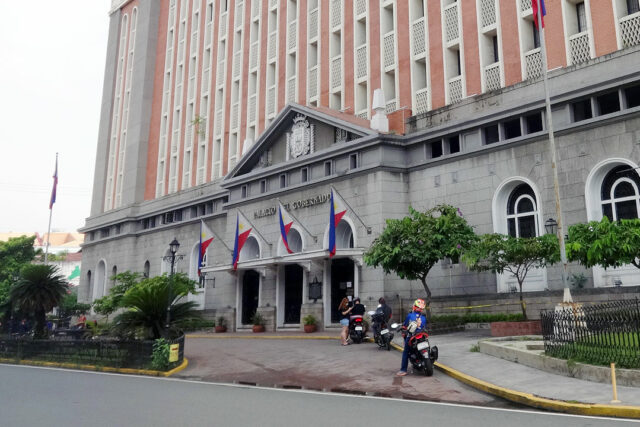Death toll from Storm Yagi rises to 10 as it continues to intensify
THE DEATH toll from Severe Tropical Storm Yagi (Enteng), which battered the Philippine capital and nearby cities and provinces, had risen to 10, the local disaster agency said on Tuesday.
Seven of the 10 deaths were from Calabarzon, two from Central Visayas and one from Western Visayas, it said in an 8 a.m. report.
Ten people were injured in Central Visayas, it added.
Yagi had intensified into a severe tropical storm as of late Tuesday, the Philippine Atmospheric, Geophysical and Astronomical Services Administration (PAGASA) said in a 5 p.m. bulletin.
The state weather bureau said the storm was expected to leave the Philippine area of responsibility by Sept. 4.
Once outside the country, the storm was forecast to move westward until Friday morning, then turn west-northwestward for the remainder of the forecast period.
“Enteng is forecast to make another landfall in the vicinity of southern mainland China during the weekend,” it added.
PAGASA said that the storm could strengthen into a typhoon outside of the Philippines by Thursday.
The eye of the storm was last seen 165 kilometers west-northwest of Laoag City, Ilocos Norte province and was moving westward at 10 kilometers per hour (kph).
The storm was packing maximum sustained winds of 95 kph near the center and gustiness of up to 115 kph.
Tropical Wind Signal no. 1 remained hoisted over the provinces of Ilocos Norte, Ilocos Sur, the northern portion of La Union and Abra.
Yagi, the fifth storm to hit the Philippines this year, on Monday made landfall in the eastern town of Casiguran in Aurora province north of Manila, the capital.
The Department of Social Welfare and Development said in a 6 a.m. report 303,939 people in Metro Manila, Cagayan Valley, Central Luzon, Calabarzon, Bicol, Western Visayas, Central Visayas and Eastern Visayas had been affected by the storm.
More than 60,000 people from 14,607 families were staying in evacuation centers, it added.
In Bacoor, Cavite province southwest of Manila, a video circulating online showed an evacuation center being flooded in the early hours of Sept. 2 due to heavy rains. Evacuees were transferred to a different site.
Cabarzon police said flooding was reported in 60 villages across Cavite, Laguna, Rizal and Quezon.
It said nine people died in the region and it was investigating “whether these fatalities were directly related to the storm.”
Six people remained missing as rescue efforts continued, it added.
Separately, a local official from Antipolo City in Rizal said they had retrieved the body of one of the four missing people whose house in San Luis village was washed away by floods.
“We are now looking for the remaining three,” search and rescue operation commander Brandon Villegas told DZBB radio. The body was found in a low area on Monday.
The disaster agency said in its 8 a.m. report, 54 roads and two bridges were still not passable amid heavy rains.
Three ports in Calabarzon and five in Bicol were still nonoperational, it added.
The Philippine Coast Guard said at least 800 people had been stranded at ports in Luzon and the Visayas on Tuesday.
As of 4 a.m., 801 passengers, drivers and cargo helpers remained at ports in Pangasinan, and the Calabarzon, Bicol and Western Visayas regions.
Twenty-three vessels and 34 motor bancas had been affected, it added.
President Ferdinand R. Marcos, Jr.’s office said local governments were leading the response to the storm, adding that the National Government was ready to help in whatever way it can.
Manila Electric Co. (Meralco) said customers affected by brownouts were down to 4,000 as of 6 a.m.
Affected customers were mostly in parts of Metro Manila, Cavite and Rizal, the distribution utility said in a statement. — K.A.T. Atienza, Adrian H. Halili and Sheldeen Joy Talavera


